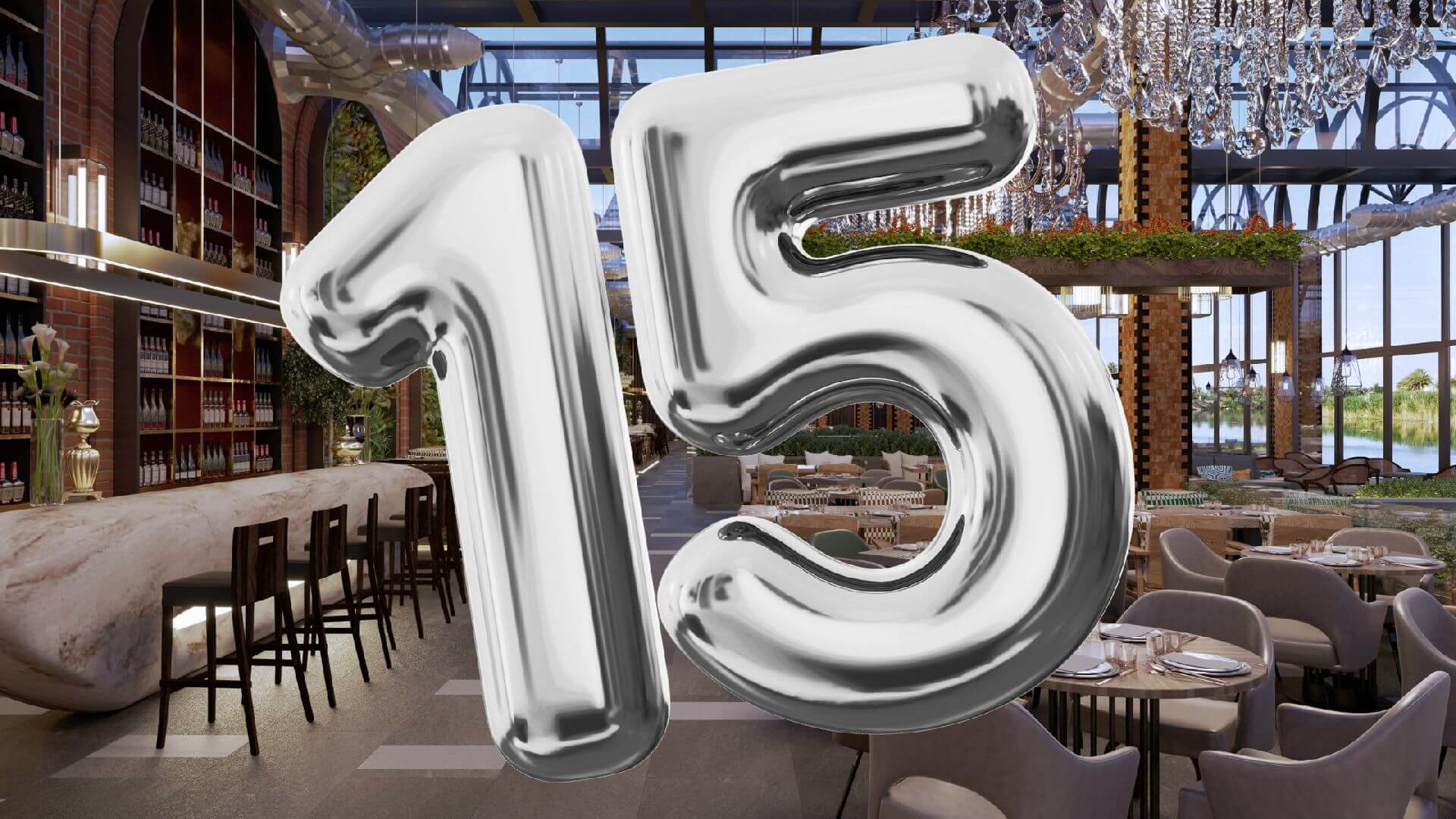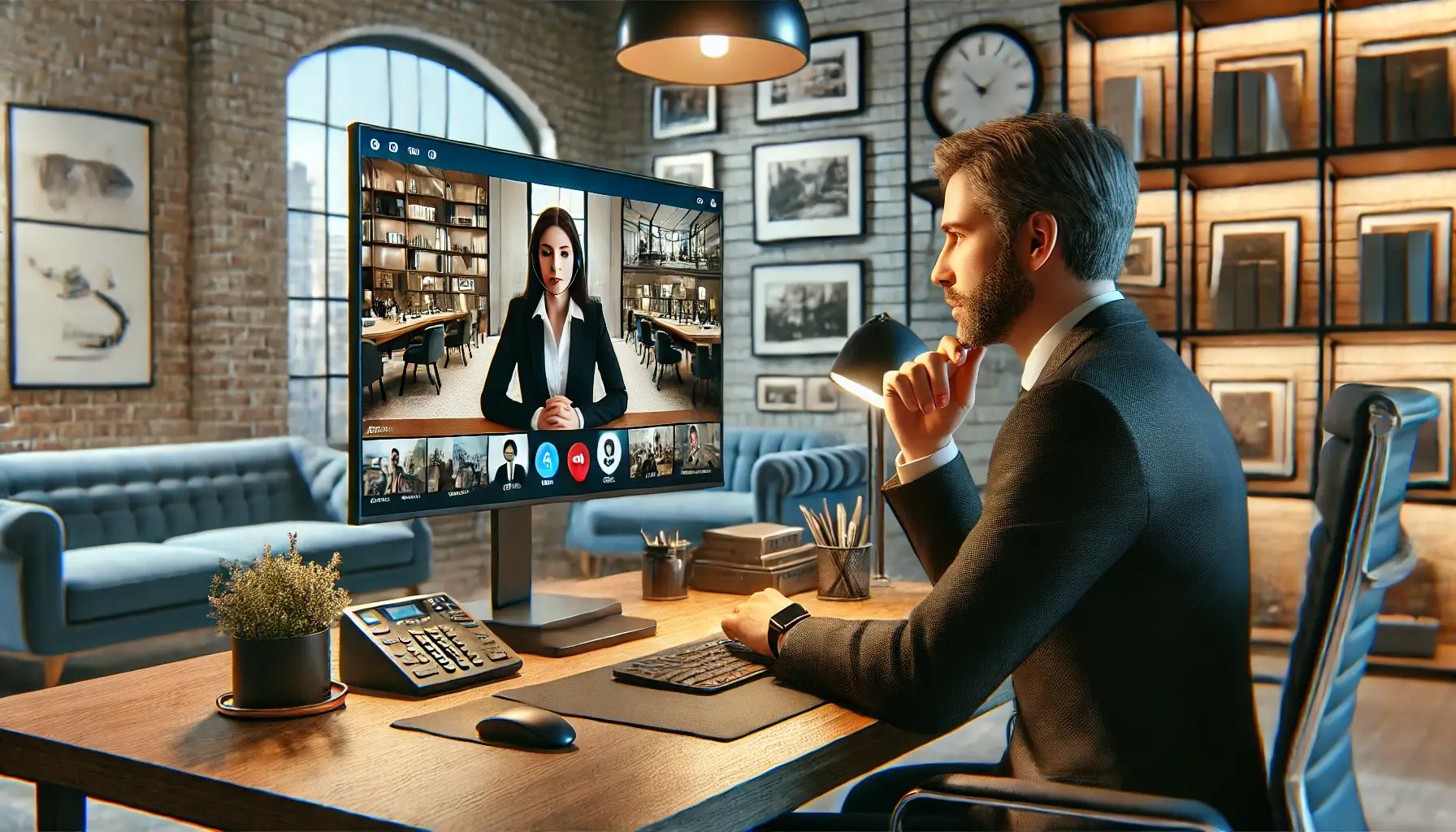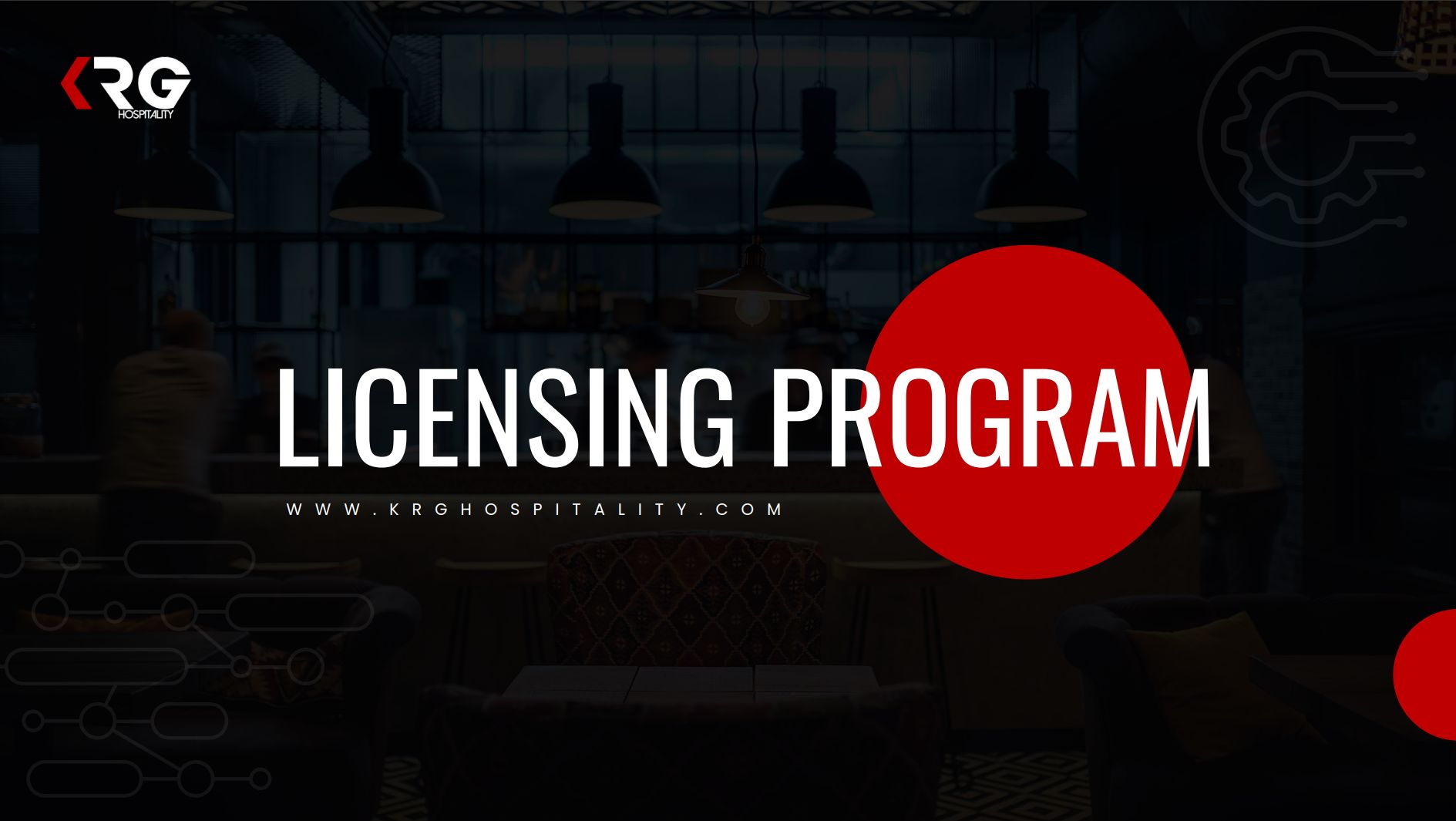15 Years of Consulting: Lessons in Adaptability, Innovation, and Resilience
by Doug Radkey

Note: AI-generated image.
I made a life-altering decision to start consulting in August of 2009, and over the past 15 years I’ve accumulated more than 30,000 hours of experience.
Over the past 15 years and the span of those tens of thousands of hours, I’ve contributed to the creation of more than 270 new concepts. Further, these concepts boast a long-term success rate of over 98 percent.
Reaching these achievements, along with fifteen years in business, hasn’t been easy.
There have been many ups and many downs, just like any other business. There are times of standing high on a mountain, and times of wanting to throw in the towel.
One key element I have learned over the years is that success goes far beyond having a great vision and concept; it requires passion, precision, and execution.
This journey has been filled with pivotal moments, and by what I can boil down to as three fundamental and invaluable lessons in adaptability, innovation, and resilience. Each of those lessons are now rooted in KRG Hospitality’s core values of being creative, cultivated, and connected.
The lessons I’ve learned over the course of 15 years and more than 270 new concepts can help you and your business start, stabilize, and scale.
The Power of Adaptability
Adaptability in business refers to the ability to adjust and respond to changing circumstances, market conditions, and guest expectations. It is the capacity to pivot strategies, embrace new technologies, and innovate to stay both relevant and competitive.
For me, adaptability has meant developing a mindset of openness to change and a willingness to experiment with new approaches.
It is not just about reacting to changes as they happen but anticipating shifts in the market proactively, while preparing to meet new challenges. In business, this means being flexible in your operations, resilient in the face of adversity, and innovative in problem-solving.
An adaptable hospitality business is one that can adjust its offerings quickly, refine its services effectively, and even overhaul its business model if necessary. As importantly, such a business can accomplish all of that without any long-term disruption to its profit channel.
To embrace adaptability, you must foster a culture that values learning and continuous improvement. This involves encouraging your employees to share their ideas and feedback, experimenting with new systems, technologies and processes, and being open to constructive criticism.
It also requires a deep understanding of the market and guest needs, allowing your business to pivot swiftly and efficiently when necessary.
Adaptability is also about having a growth-based mindset. This type of mindset involves seeing challenges as opportunities for growth rather than obstacles. By being adaptable, your business can stay ahead of the competition, meet changing guest expectations, and capitalize on new opportunities.
In a world where change is the only constant, embracing adaptability is not just an option, it’s a necessity for long-term success. As entrepreneurs, cultivating this trait can lead to innovative solutions, greater efficiency, and a more sustainable long-term business model.
Embracing Innovation
Embracing innovation is about thinking creatively, challenging the status quo, and finding novel solutions to existing problems.
In this industry, innovation can manifest in various forms, such as adopting new technologies, offering unique guest experiences, or implementing sustainable practices. As an entrepreneur and leader in this industry, embracing innovation is crucial for staying relevant.
You will begin to see here how each of these lessons truly go hand in hand. For me, however, innovation goes beyond mere invention; it involves applying new concepts and ideas in practical and impactful ways.
In hospitality, innovation can be product-driven, such as developing a new menu item or room service feature. Or it can be process-driven, such as streamlining operations through a new technology integration. Innovation can also be guest-centric, focusing on enhancing the overall guest experience through personalized services or tailored offerings.
For example, the introduction of mobile check-in and digital concierge services in hotels revolutionized the guest experience, offering convenience and personalization.
Similarly, restaurants have innovated by incorporating immersive dining experiences that engage all of our senses. These innovations not only attract new guests but also differentiate a business in a crowded marketplace.
How to Embrace Innovation
To embrace innovation, your business must cultivate a culture that encourages creativity and experimentation. This involves creating an environment where employees feel empowered to suggest new ideas, and are not afraid to take risks.
Leadership plays a critical role in setting the tone for innovation, providing the necessary resources, and fostering an open-minded atmosphere.
One practical way to embrace innovation is to stay up to date about industry trends and technological advancements. Attending industry conferences and participating in webinars and mastermind groups can provide valuable insights and inspiration.
Additionally, businesses in this industry should invest in research and development (R&D) to explore new opportunities and test innovative concepts.
Finally, embracing innovation requires a willingness to adapt and iterate. Not every new idea will be successful, but the process of trying, learning, and refining is critical for continuous growth.
Your business should establish mechanisms for evaluating the effectiveness of new initiatives, and be prepared to pivot when necessary.
Fostering a culture of creativity, staying informed about trends, and actively seeking new opportunities helps your business innovate in ways that enhance the guest experience, and drive long-term financial success.
Driving Resilience
Resilience in business refers to the ability to withstand and recover from challenges, setbacks, and unexpected changes. It involves maintaining stability and continuity while adapting to new circumstances.
In further business context, this includes the ability to manage financial pressures, operational disruptions, shifts in consumer behavior, or even personal setbacks. Resilience also encompasses the mental and emotional strength to stay focused and positive in the face of adversity.
Resilient businesses are not immune to problems; rather, they are equipped to handle them effectively, and learn from the experience.
In my experience, you must be willing to prioritize building strong relationships with guests, community partners, and industry peers in order to embrace innovation. These connections provide a support network that can offer assistance, advice, and resources during tough times. Collaborations with local businesses and partnerships with suppliers can also provide you with a critical support line.
Real-World Resilience
Personal anecdotes often serve as powerful illustrations of resilience, providing real-world examples of overcoming adversity and demonstrating the strength required to persevere. Real-life examples show that resilience is not just an abstract concept but a practical quality that can be developed and applied in everyday life.
These stories often detail the emotional, mental, and physical hurdles faced, and the strategies used to overcome them.
For example, a story about recovering from a business failure can illustrate the importance of maintaining a positive mindset, and seeking new opportunities. Perhaps it is a career setback, a health challenge, or a natural disaster. Regardless, these personal stories often include reflections on the lessons learned from facing adversity.
These reflections can range from practical advice, such as the importance of planning and preparation, to emotional insights, such as the value of gratitude, and the strength found in vulnerability. Stories of resilience serve as a reminder that setbacks and challenges are a natural part of life, and that it is possible to overcome struggles with determination and support.
Lastly, building resilience also involves cultivating a positive and proactive mindset. It’s imperative to view challenges as opportunities to innovate and improve. This can mean reevaluating business models, exploring new revenue streams, or investing in your people for further training and development.
Resilient businesses are not just reactive, they are proactive in anticipating potential issues and preparing for them. By building strong relationships, learning from setbacks, and maintaining a positive outlook, your business can navigate challenges and emerge stronger.
Core Values in Action
Core values are the fundamental beliefs and guiding principles that shape the culture, decision making, and identity of your business. They are the compass that directs the actions and attitudes of everyone within your organization, from leadership to frontline employees.
In the hospitality industry, core values are particularly crucial as they also define the guest experience and set the tone for interactions with guests, employees, partners, and the community.
For entrepreneurs and leaders in this industry, developing and embracing core values is crucial for creating a cohesive and purpose-driven business. Core values not only guide strategic decisions but also inspire and motivate the team, ensuring alignment with the mission and vision.
Over the past 15 years, our journey in the industry has been guided by these three core values: Creative, Connected, and Cultivated. These values have aligned perfectly with the lessons I’ve learned and shared about being resilient, innovative, and adaptable.
Our Core Values
Creativity is at the heart of innovation. It involves thinking outside the box, challenging conventions, and finding unique solutions to problems.
In the hospitality industry, creativity is needed for differentiating a brand and providing memorable experiences. Our creative approach has allowed us to design distinctive concepts, develop engaging strategies, and craft personalized staff and guest experiences.
Embracing creativity means exploring new ideas constantly, and staying open to unconventional approaches.
Being connected refers to fostering strong relationships with guests, community partners, and industry peers. It’s about building a network of support and collaboration that extends beyond the business itself.
In times of adversity, these connections have been invaluable. Whether it’s partnering with local businesses during economic downturns or engaging with guests through personalized communication, staying connected has helped us navigate challenges and seize on potential opportunities.
Lastly, cultivation is the process of continuous growth and improvement. It involves nurturing talent, refining processes, and striving for excellence.
In our experience, being cultivated means committing to lifelong learning, and embracing a growth-based mindset. This value has driven our dedication to professional development, the quality in our deliverables, and operational efficiency.
To embrace core values, your business must integrate them into every aspect of operations. This includes staff onboarding practices, guest interactions, and strategic decision making. You and your leaders should model these values and encourage employees to do the same.
Demonstrating and reinforcing your core values consistently allows you to create a strong, unified culture that resonates with both employees and guests.
And the end of the day, you have to remember that core values provide direction, inspire action, and foster a sense of purpose.
Conclusion
As I sit back and reflect on the lessons learned from 15 years of consulting in the hospitality industry, it’s clear that the journey has been shaped by the powerful forces of adaptability, innovation, and resilience.
These experiences have not only defined our approach but have also laid the foundation for future endeavors. The hospitality landscape evolves continuously, with new challenges and plenty of opportunities on the horizon. From technological advancements to shifting guest preferences, the industry is truly poised for positive transformation.
Looking ahead, however, it’s crucial for businesses to remain flexible and open to change.
For us, continuing to embrace adaptability means staying agile in the face of uncertainty, and being ready to pivot when necessary. Innovation will continue to play a pivotal role, driving new concepts and experiences that set businesses apart.
Resilience, as always, will be the foundation that supports us through trials and tribulations, ensuring that we meet the characteristics needed to win.
I strongly encourage you to internalize these three qualities in your own journey. Whether you’re an entrepreneur, a coach or consultant, or an industry professional, integrating them into your own set of core values—be it creativity, connection, cultivation or any other set of values—will anchor you in your pursuit.
These values are not just guiding principles but also a source of strength and inspiration.
Embracing adaptability, innovation, and resilience, and staying true to our core values, has made us confident in navigating this ever-changing terrain with purpose over the next 15 years.
Who’s with us?
Image: DALL-E

Book Below to Setup a 30-Minute Complimentary Discovery Call and Request for Proposal.







